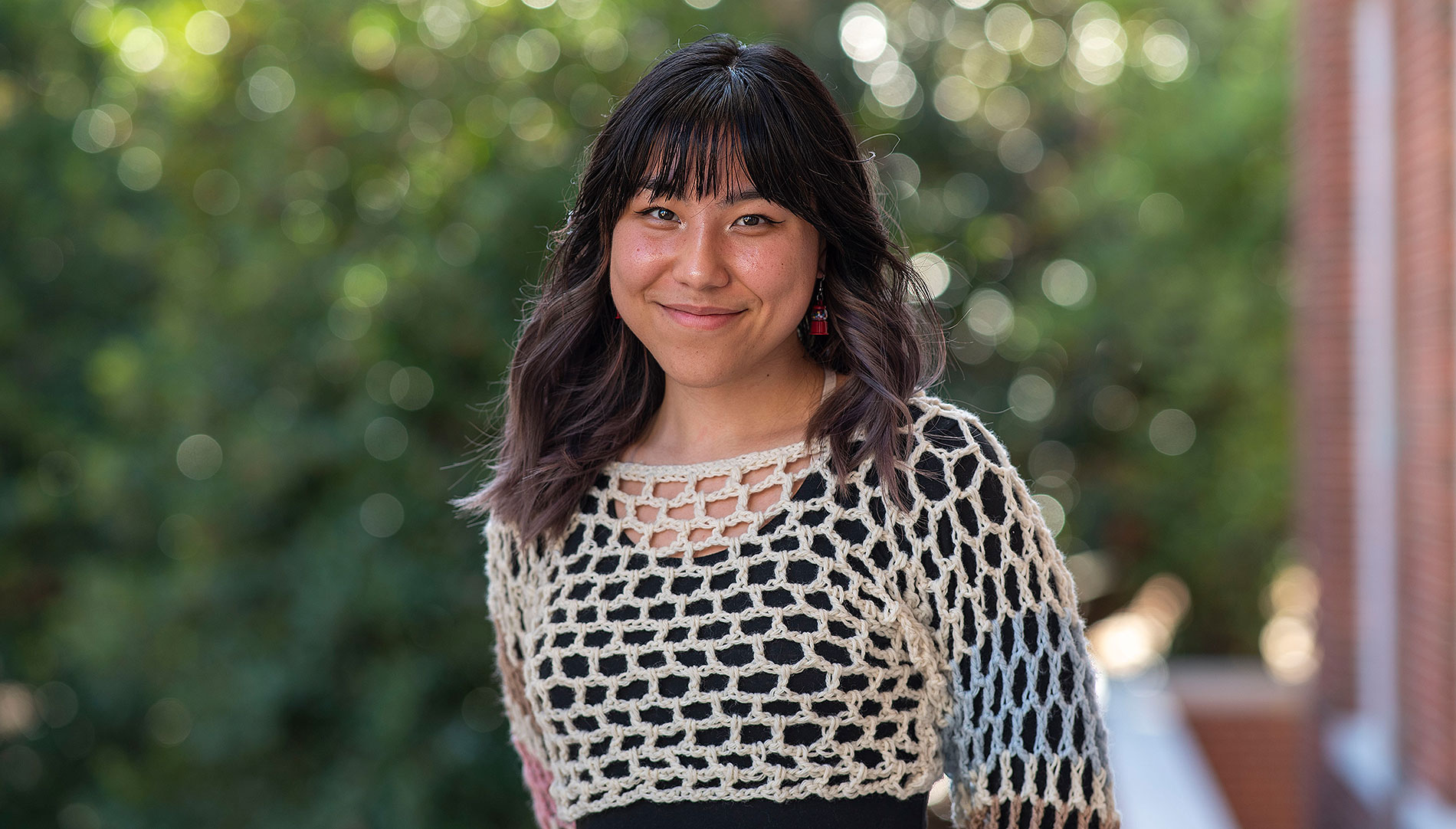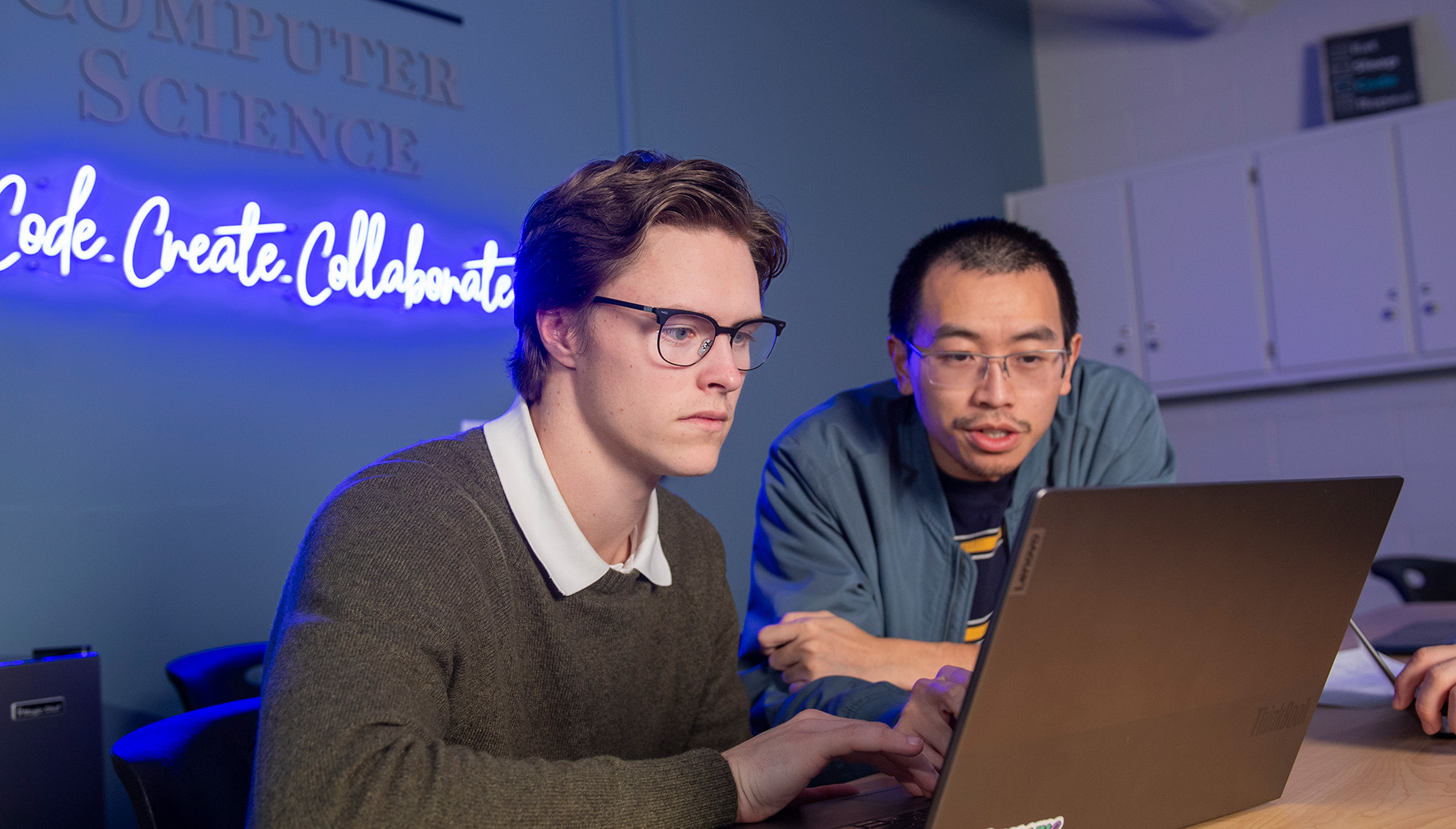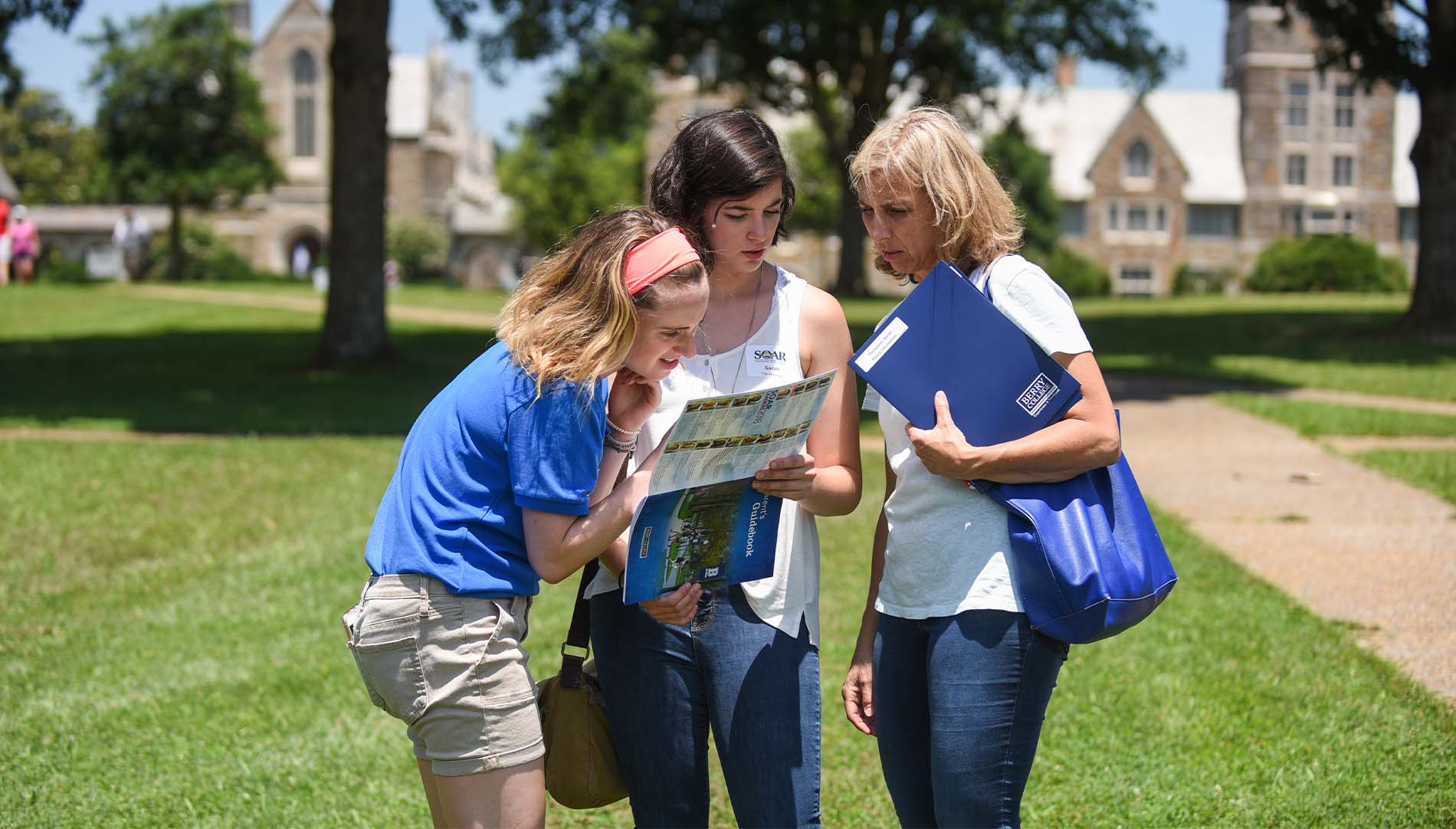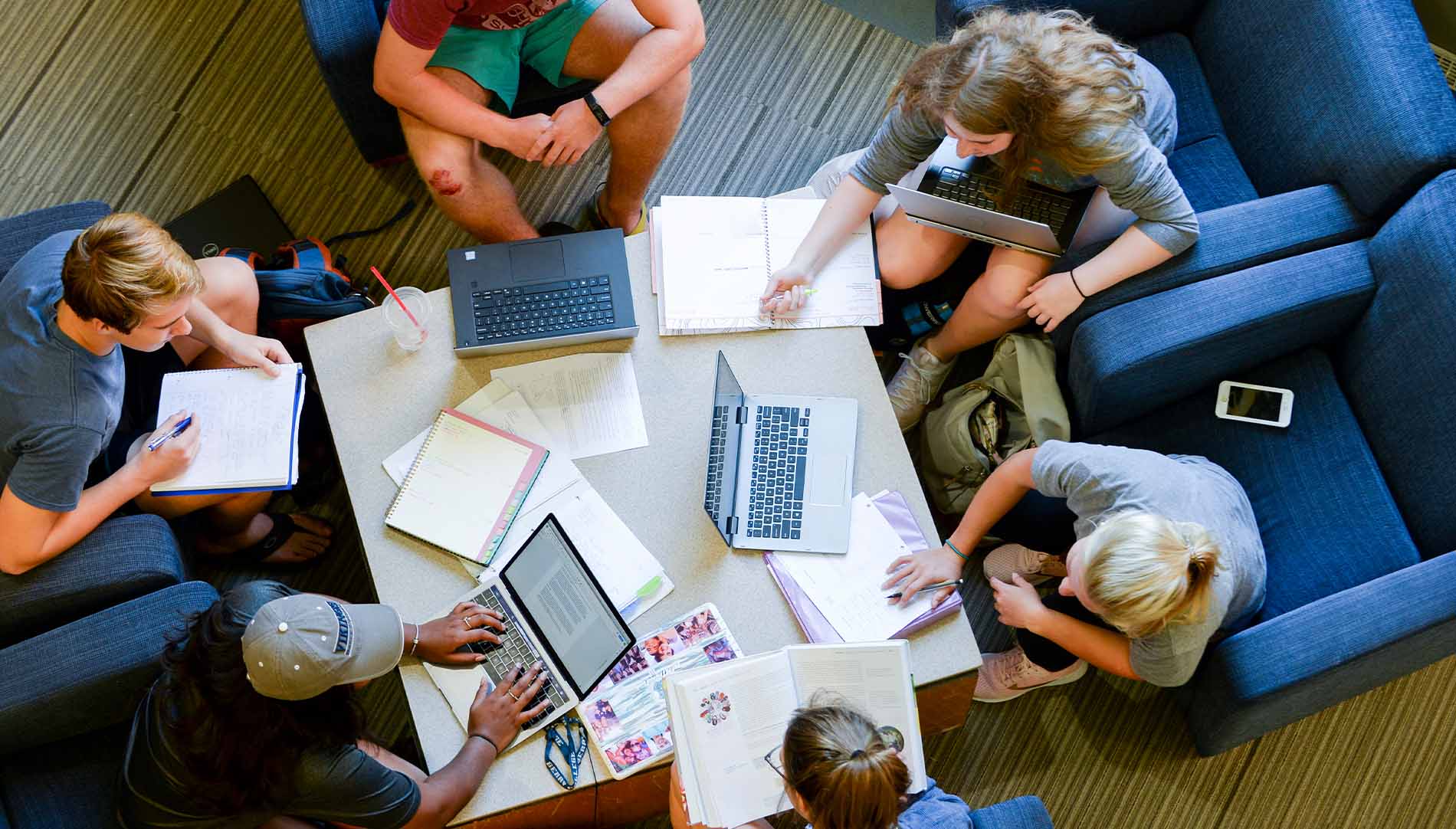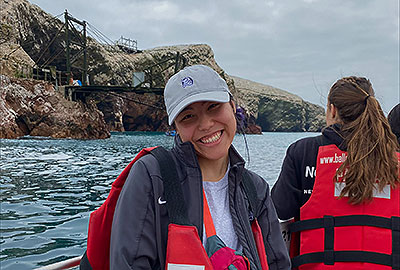
Each year, Berry professors accompany students abroad as they navigate special topics classes through Berry’s Summer International Programs (SIPs). After her sophomore year, Corina Coulter ’25 traveled with two psychology professors to Lima, Peru, where she engaged in clinical work in the service of individuals with intellectual disabilities. The experience pushed her coursework into the real world and cemented her career direction.
“It was like all of my knowledge was finally coming to life,” she says. “I was able to see how children with intellectual or developmental disabilities behave and react to different stimuli and situations, and how each intervention is truly personalized to each child. It was so heartwarming to know that I am going to be able to do that one day.”
Corina’s preparation for the trip began with a class on autism spectrum disorders, as well as Exceptional Child, a course in teaching children with disabilities. While Corina established a foundation in applied behavior analysis (ABA) — the primary evidence-based treatment for autism spectrum disorder — Assistant Professor of Psychology Miguel Ampuero and Professor of Psychology Michelle Haney prepared extensively to travel to Peru.
Ampuero wanted to highlight differences between Peruvian and American approaches to educational systems and therapies for people with intellectual disabilities. “We went to get hands-on experience with ABA,” Corina explains. “Dr. Ampuero has worked with the Peruvian systems, such as the clinic (Ideas y Sentidos) we visited, and he felt that this was an amazing opportunity to learn and teach on both sides.”
Corina emphasizes the practical experience gained during her study abroad, especially the opportunity to work at the Juan Pablo II Catholic School for children with intellectual disabilities. She collected data, applied the knowledge from her psychology and ABA courses, and formed connections with students.
“I seemed to gravitate a lot of my energy toward a little boy with Down syndrome,” Corina recalls. “He was nonverbal but had other necessary skills that we could use to teach communication. He kept grabbing my pencil and field notebook to draw circles. I used this information to ask Dr. Ampuero where we could go from there. Together, we worked on imitation skills and taught him how to sign for pen and paper. This way he could ask for his reinforcers.”
Beyond providing a forum for students to apply academics in different settings, SIPs present a chance for cultural immersion. Corina notes how she developed her language skills and gained an understanding of Peruvian customs, adding a fresh perspective to her ABA focus.
“Every day was packed with amazing opportunities from every avenue,” she says. “I really enjoyed the Larco Museum. Here, I got to see a lot of the beautiful pottery of pre-Colombian history of Peru. The gardens and botanicals were breathtaking, and the history was so rich; I wish I could have spent all day there. Learning more about the culture and how it plays into the treatment and education of kids with intellectual disabilities was indescribable.”
Corina encourages students to reach out to their professors and explore SIPs: “Being culturally immersed in a completely different region of the world is so eye-opening and changes your view of the world and the United States. … I got to know my professors better and made unforgettable memories with my peers.”
Interested in study abroad? Berry College’s International Experiences is a great place to start researching programs.
Story by junior Audrey Bennett
